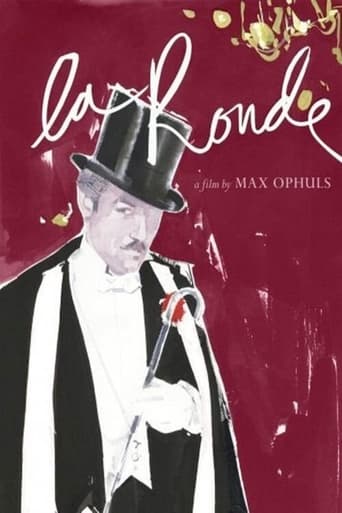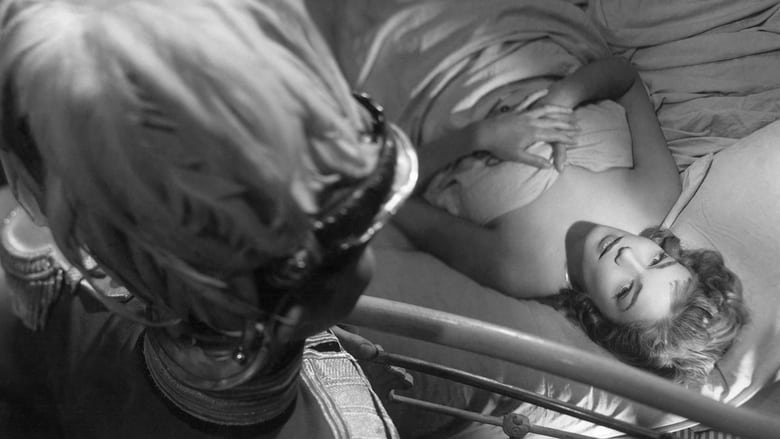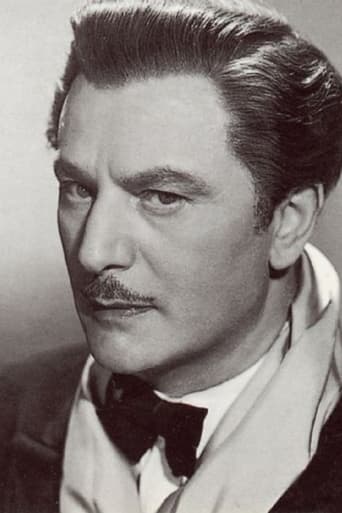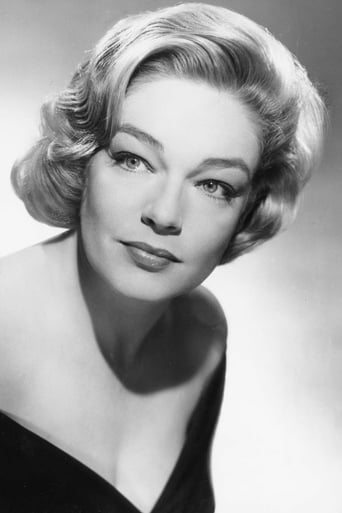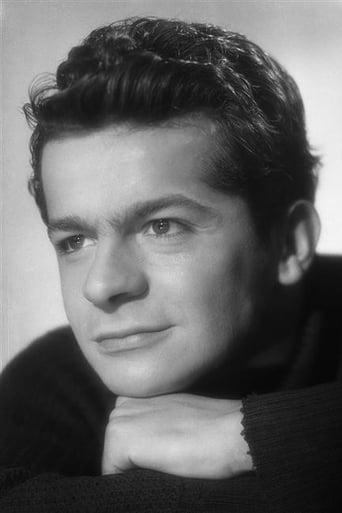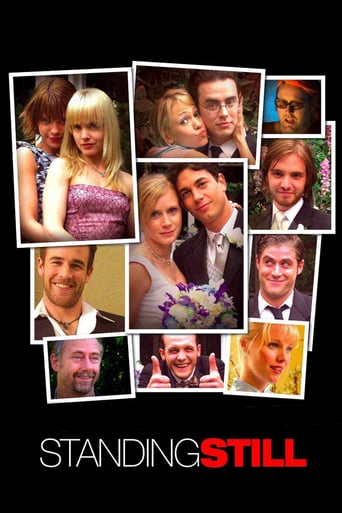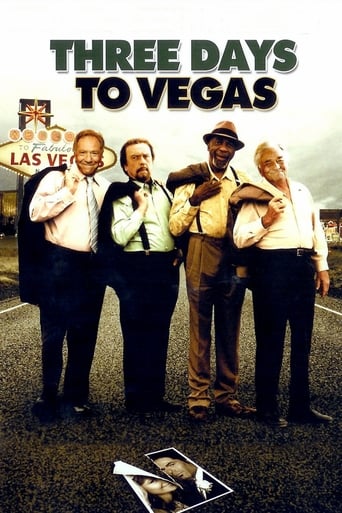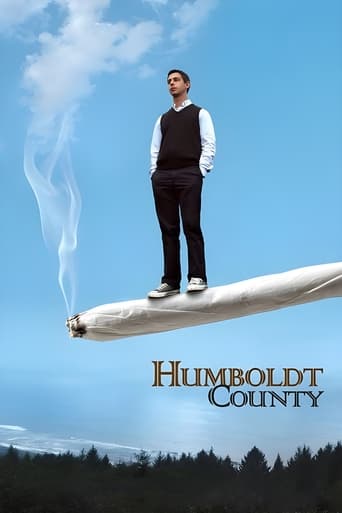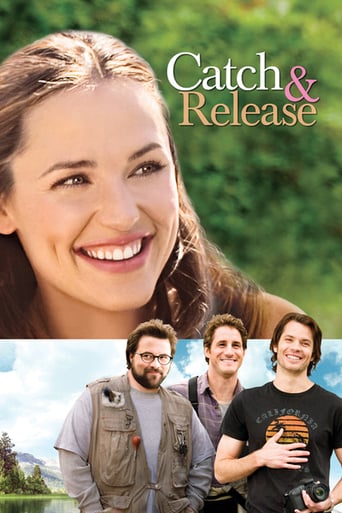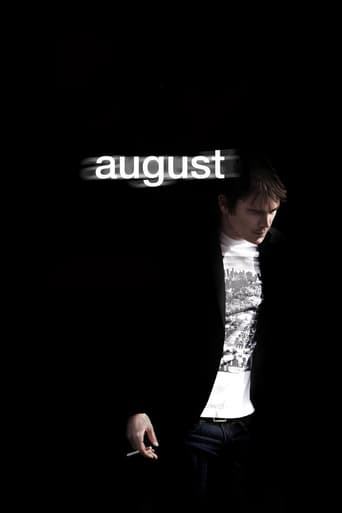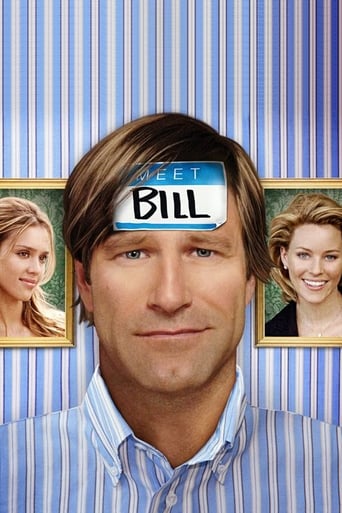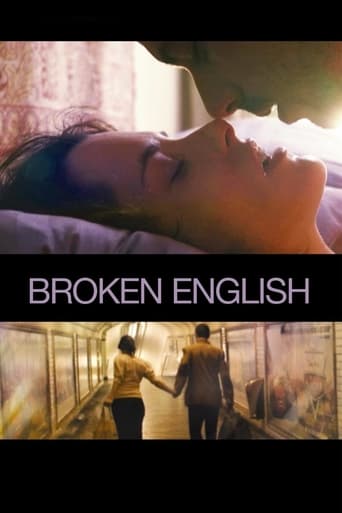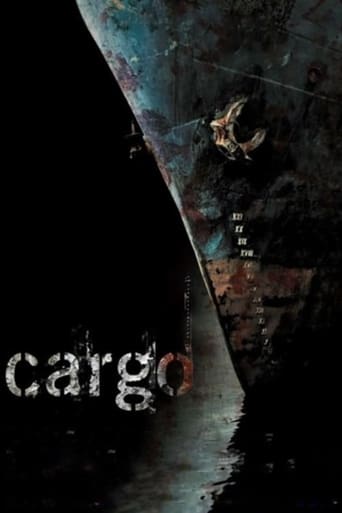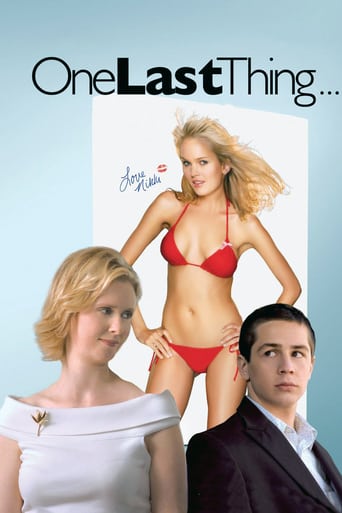La Ronde (1950)
An all-knowing interlocutor guides us through a series of affairs in Vienna, 1900. A soldier meets an eager young lady of the evening. Later he has an affair with a young lady, who becomes a maid and does similarly with the young man of the house. The young man seduces a married woman. On and on, spinning on the gay carousel of life.
Watch Trailer
Free Trial Channels
Cast


Similar titles
Reviews
Save your money for something good and enjoyable
In truth, there is barely enough story here to make a film.
It isn't all that great, actually. Really cheesy and very predicable of how certain scenes are gonna turn play out. However, I guess that's the charm of it all, because I would consider this one of my guilty pleasures.
what a terribly boring film. I'm sorry but this is absolutely not deserving of best picture and will be forgotten quickly. Entertaining and engaging cinema? No. Nothing performances with flat faces and mistaking silence for subtlety.
My very first Ophüls film, a breezy studio-bound adaption of Arthur Schnitzler's play "Reigen", set in the 1980s in Vienna (yes, I'm freshly returning from a one-week vacation in Vienna). Structurally, LA RONDE adheres firmly to the play's ten liaisons, each stars one pair of its 10 characters in a sequential order, starts with the whore (Signoret) and the solider (Reggiani), then the soldier and the housemaid (Simon), the housemaid and the young gentleman (Gélin), and so forth until it finishes with the Count (Philipe) and the whore, thus consummates "la ronde".One prominent change is that Ophüls introduces an all-knowing raconteur (Walbrook), who is quite omnipresent, not only shepherds viewers into each story, but takes on minor roles whenever transition from one scene to another is needed as well, Walbrook is vivacious and stylish as the master of ceremonies, croons the theme strain from time to time, slyly breaks the fourth wall or intervenes in the happenings occasionally; whereas the sundry characters are primarily driven by their desire and impulsion regardless of their identities, each is equally allotted a fifteen-minute or so screen time divided into two parts with two different opposite-sex, like the merry-go-round in the background, they flirt, seduce, debate, banter and having sex (off-screen) in the most casual fashion, when they put on their clothes again, no string is attached, they can continue a small talk like friends or just move on to the next chapter without hesitation. It is the quintessential of cinematic operetta doesn't impose on lecturing viewers, only to divert, to flirt, to vivify the atmosphere and to evince the Franco-philosophy of c'est la vie! Essentially the film is a star-studded celebrity parade, household names like Signoret, Simon, Darrieux, Miranda and Philipe etc. are indisputably in their most magnificent form although none of them is given too much fodder to capitalise on, it is all the same, for cinephiles alone, an eye-opening feast to worship, thanks to the fluid camera-work and the florid production exclusively set inside the studio, it is an escapist's utter pleasure to accommodate oneself to a sumptuous period where everything looks so nostalgically charming and beguilingly narcissistic, so we can all be free and easy, at least for 97-minutes.
A gem of a film."The Round" seems to be telling us that love is fickle, cruel, painful, disappointing, playful, and puzzling -- it all depends on who's sleeping with whom.Seamlessly joined by the suave songs of a top-hatted narrator, these tales vary somewhat in their interest and quality. None reaches the poignancy of the second tale, in which a simple girl is loved and left by a cad in uniform. Other stories approached tedium, like the one involving the chambermaid and a wealthy scion.In all, they manage to form a satisfying whole. Unique!
Arthur Schnitzel's classic play "Reigen" was the basis for this 1950 film conceived, adapted, and directed by Max Ophuls. Jacques Natanson assisted with the screenplay.We are taken to the Vienna of the turn of the 20th century, where a master of ceremonies introduces the viewer to a series of vignettes in which each character shows his or her love to someone, who in turn reappears in a new situation with another character. Schnitzler was perhaps exploring the connection that exists among human beings, a sort of "six degrees of separation", if you will, that happens to most of us in one form, or another. The idea of life as a merry-go-round serves well the adaptation.A star cast was gathered to play the different people that inhabit the film. Anton Walbrook, the Vienise actor, is the narrator, as well as the man that introduces us to the different situations. Simone Signoret, Serge Regianni, Simone Simon, Daniel Gelin, Danielle Darrieux, Fernand Gravey, Odette Joyeux, Jean-Louis Barrault, Isa Miranda and Gerard Philipe play the different characters with elegance and charm.
French stars of the day abound in "La Ronde," Max Ophuls ode to love in the Vienna of 1900. Anton Walbrook serves as narrator and plays some small roles in the various vignettes, which star Simone Signoret, Simone Simon, Serge Reggiani, Danielle Darrieux, Ferdinand Gravey, Jean-Louis Barrault, Isa Miranda, and Gerard Philip - quite a cast.Using the image of the carousel, the narrator takes us through a series of love/lust stories which by 1950 standards are at times very explicit, so much so that the film wasn't released in the U.S. until 1954, though its original release to other countries was in 1950. There is prostitution, adultery, performance anxiety, an older man with practically a teenager, and an older woman/younger man scenario.Employing a beautiful, catchy theme by Oscar Strauss, "La Ronde" is lyrical with lovely performances, and certainly nothing like the films it inspired - Vadim's remake and also the later "Chain of Desire" (not one of my favorites). Some of the stories are short, some not as good, but they all are infused with charm, humor, fluidity, and beautiful atmosphere and detail of the period.Though not in the Orphuls version, which emphasizes love and sex with the narrator's cynical and amused view, the original play has to do with the spread of STDs, a theme picked up in "Chain of Desire." "La Ronde," however, is all about pleasure and fun.

